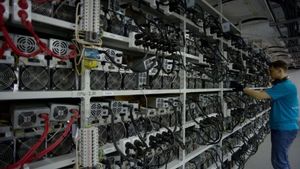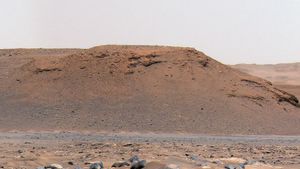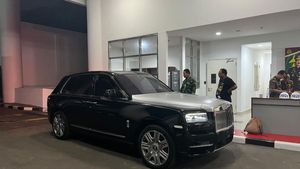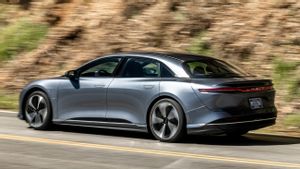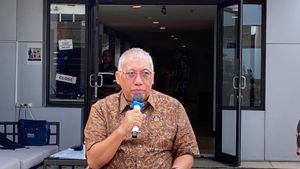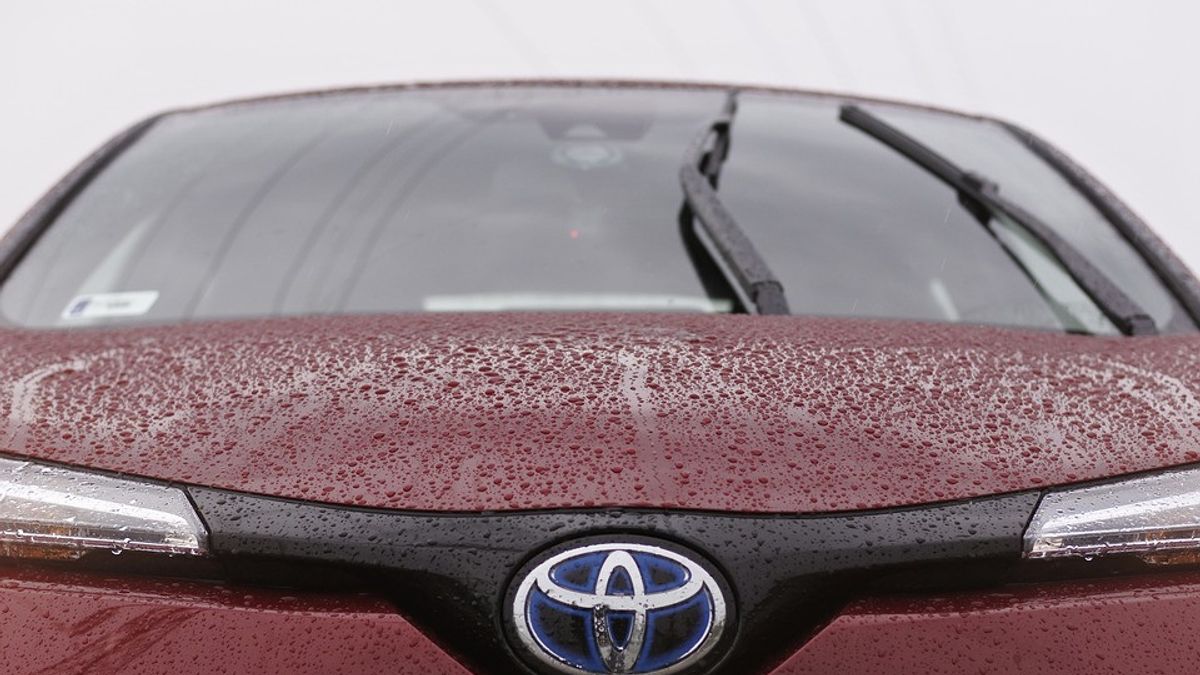
JAKARTA - Toyota Motor Corp. announced Monday, December 6 that it is building a new $1.29 billion battery plant in North Carolina in an effort to expand its hybrid and electric vehicle efforts.
The new plant, located in Liberty will start production in 2025, initially will be able to supply lithium-ion batteries for 800.000 vehicles annually. The plant will "pave the way" for Toyota's electric vehicle production in the US, said Chris Reynolds, head of administration for Toyota Motor in North America.
The investment will be made by a new company called Toyota Battery Manufacturing and is expected to create 1.750 new jobs in the US.
According to a Reuters report, in October, Toyota said it would set up a new company and build a new US auto battery factory with Toyota Tsusho, the automaker's metal trading subsidiary and a unit of the Toyota Group. Toyota will hold a 90% stake in the battery company.
North Carolina said the new plant will initially produce batteries for Toyota's hybrid vehicles and intends to produce batteries for long-term EVs.
The states will reimburse Toyota for up to USD 79.1 million over 20 years and if Toyota expands the project to USD 3 billion they could receive up to about USD 315 million.
The state approved additional support to help with final site preparation, including $135 million for road and other site improvements. If Toyota expands the project, USD 185 million in site development funds will also be available.
Toyota said the plant in North Carolina plans to expand at least six production lines to 1.2 million batteries per year.
The investment is part of Toyota's announcement in October that it would invest $3.4 billion in US automotive battery development and production through 2030.
The funds are part of the $13.5 billion Toyota announced in September that it plans to spend globally by 2030 on developing batteries.
SEE ALSO:
Automakers around the world are investing billions of dollars to increase the production of batteries and electric vehicles as they face increasingly stringent environmental regulations.
Toyota has been waging a lobbying campaign to try to convince US lawmakers not to include an additional $4.500 tax incentive for union-made electric vehicles.
In August, US President Joe Biden signed an executive order setting a target to make half of all new vehicles sold by 2030 zero-emissions vehicles.
Biden's 50% goal and the automaker's 2030 goal include battery electric, fuel cell and plug-in hybrid vehicles that also have a gasoline engine.
The English, Chinese, Japanese, Arabic, and French versions are automatically generated by the AI. So there may still be inaccuracies in translating, please always see Indonesian as our main language. (system supported by DigitalSiber.id)




